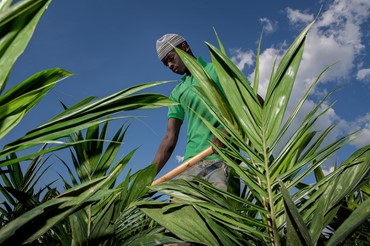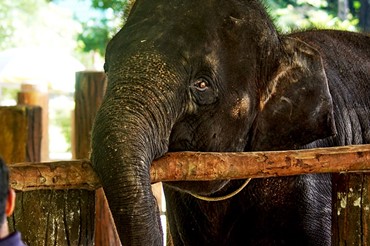News
In the midst of global chaos, a bright light shines on ASEAN efforts to curb biodiversity loss

Royal Belum State Park in Perak, Malaysia is one of the proposed protected areas in the transboundary collaboration between Malaysia and Thailand. Photo courtesy of ACB and EU-BCAMP.


